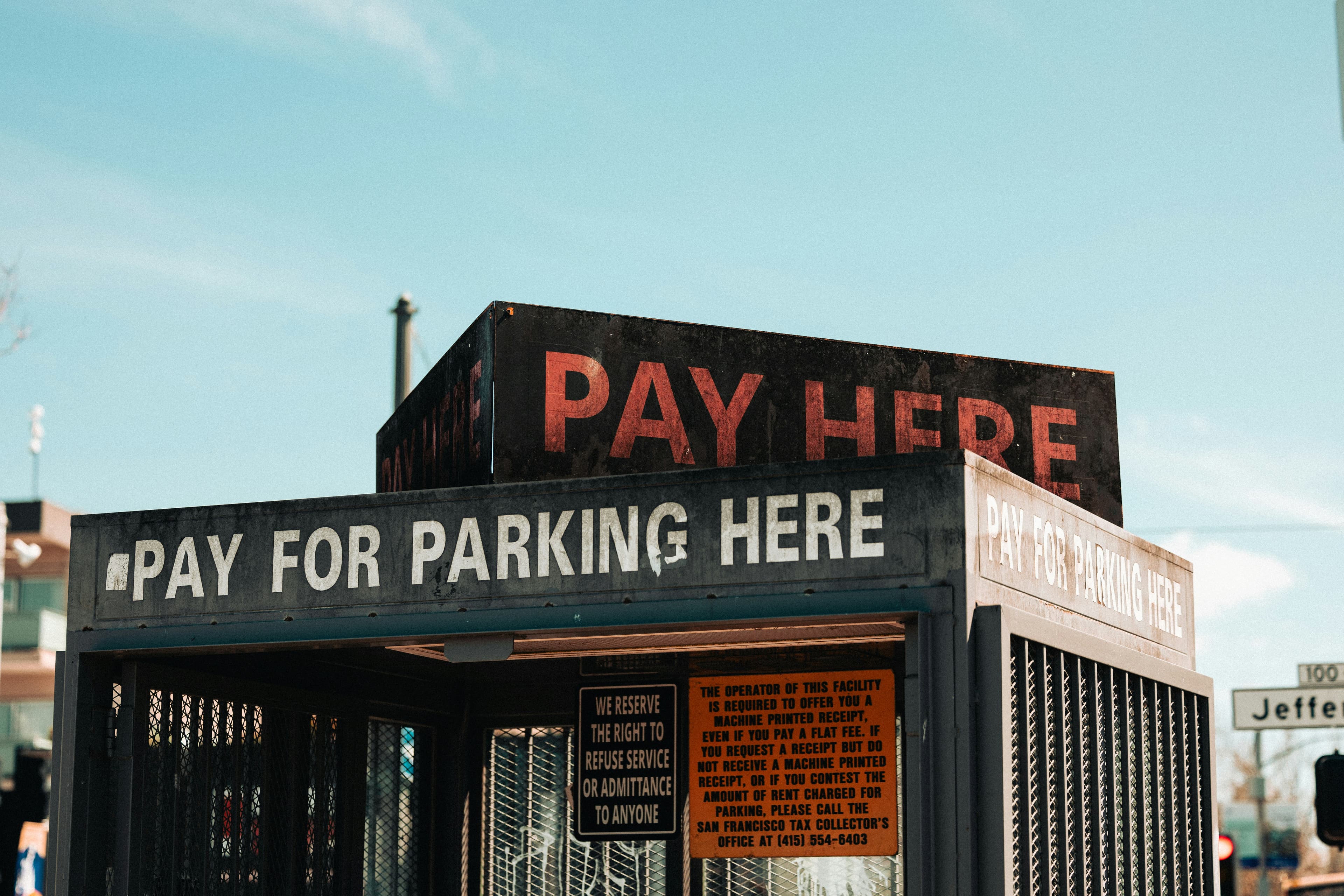Your Land Offer Was Accepted. Now What?

So you got an accepted offer on a piece of land. The excitement is real, and you’re probably ready to declare yourself a real estate investor. But before you do, there’s some important work ahead. This is the due diligence phase, where you ask two critical questions: Is this really the right price? And is this truly a good deal?
Let’s break down why these questions are so important when you're .
Is This Really the Best Price for the Property?
If your research shows you’ve offered too much, you need to adjust your offer. You might be thinking, “But I already made an offer. Isn’t it shady to go back on my word?” Not at all. Your offer letter should have included protective phrasing like “outstanding property taxes within reason” and other contingencies. This gives you the right to revise the offer based on new information.
For example, you might discover the property has no practical access and requires a mountain climb to reach. This would seriously reduce its value. Or, let's say you offered $700, but then you find out the owner owes $3,840 in back taxes. That’s an immediate deal-breaker; the taxes are far more than the property is worth.
Now, imagine the back taxes are a more manageable $250. This is a perfect opportunity to renegotiate. You can call the owner and explain, “I found out there are $250 in back taxes owed. I’ll need to subtract that from my offer, so I can now pay $550 instead of the original $700.” Most of the time, sellers will agree because they see you as their best way out.
Another issue could be ownership. If the person who signed the offer is the son or daughter of the deceased owner, you might run into probate issues. Some states make this complicated, while others might accept a simpler affidavit of heirship. It’s always best to consult with an attorney or a service like Rocket Lawyer to understand the rules in your specific state.
Is This Truly a Good Deal?
Sometimes the price is right, but the property itself is a headache. Your due diligence might uncover that it’s part of a homeowner’s association (HOA), which can come with hefty fees and frustrating rules. Generally, it's best to avoid these when you're just and want to keep things simple.
You might also find the property is stuck between two rocky mesas, with the nearest county road miles away and no legal way to get to it without trespassing. While I’ve managed to sell properties like this to rugged off-grid enthusiasts and even a paleontologist, you have to ask yourself if it’s worth the effort. It could take much longer to sell and might not be as profitable.
I once bought a property without doing proper due diligence and ended up with the side of a nearly vertical mountain. I figured I’d have to sell it for cheap, so I listed it on eBay. To my shock, a bidding war started, and I made a great profit. When I called the buyer to close, I had to ask, “You do realize you bought the side of a mountain, right?” He was a film director who said it was ten times cheaper to buy my land for a movie shoot than to pay location fees near Hollywood. You just never know what makes a opportunity.
Your Due Diligence Checklist
So, what should you look for? Here’s a breakdown of the process for your .
First, get a copy of the deed. Many counties let you find it online using the Assessor’s Parcel Number (APN). If not, a quick call to the county assessor’s office should do the trick. The most important thing is to confirm that the person who signed your offer is the same person on the deed.
Next, check that the title is clean, meaning there are no liens or claims against it. This information is also available from the assessor. As your operation grows, a service like Homeinfomax.com can provide detailed property reports.
From the assessor’s website or office, try to get:
- : The exact latitude and longitude.
- : The official PLSS description (township, range, section).
- : If one exists.
- : To see where the property is located.
Often, especially in the rural Southwest, you’ll only get the legal description, and that’s perfectly fine.
For like this, using a professional title company isn’t always worth it for cheaper properties. A good rule of thumb is to handle the title research yourself (or outsource it to a virtual assistant) for properties under $5,000. For larger deals, especially those with long-term financing, paying for a title company and title insurance is a must.
One of the best parts of this is that you don’t need to physically visit the properties. You can do a thorough inspection from your computer using tools like Google Earth and what3words.com. Plug in the property details and look at the access, terrain, soil type, and what covers the land. Knowing these details will help you answer questions from potential buyers.
If you don’t know an answer, just be honest. Tell them you’ll find out by calling the county. Your reputation is built on truthfulness.
For a larger property, it’s a good idea to have someone physically check it out. A service called Wegolook.com has contractors all over the country who will visit a property, take high-definition photos and videos, and report back to you. Yes, these tools and services cost money, but building one of the requires some upfront investment. The return on these small fees is well worth it.
The final step is to call the county’s planning and zoning department. Ask about any restrictions, the local water table, and what’s allowed on the property, like RVs, mobile homes, camping, or hunting. This information is key to marketing the property correctly and building one of the most in real estate.
Once you’ve gone through these steps and confirmed you have a good deal, it’s time to close and officially buy the property.








